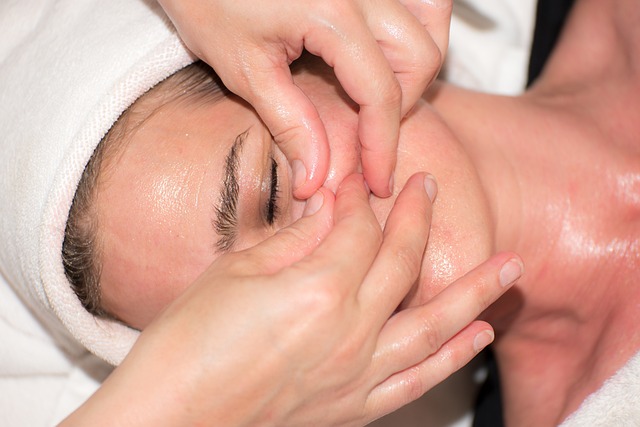Your skin is not just the body’s largest organ. It’s also a reflection of your overall health. The foods you eat can have a significant impact on the health and appearance of your skin. From reducing inflammation to boosting hydration, proper nutrition plays a key role in maintaining a radiant complexion and a youthful appearance. Here’s how you can nourish your skin from the inside out with a balanced diet.
Hydration: The Foundation of Healthy Skin
Water is essential for keeping your skin hydrated and maintaining its elasticity. When you’re well-hydrated, your skin is more likely to look plump and vibrant. Aim to drink at least eight glasses of water a day, and include water-rich foods like cucumbers, oranges, and strawberries in your diet. Proper hydration helps flush out toxins and supports overall skin health.

Antioxidants: Defenders Against Skin Damage
Antioxidants protect your skin from damage caused by free radicals, unstable molecules that can lead to premature aging, and skin conditions. Foods rich in antioxidants, such as berries, leafy greens, nuts, and seeds, can help combat oxidative stress. Vitamins A, C, and E are particularly effective antioxidants that support skin repair and rejuvenation.
Healthy Fats: Nourishing and Moisturizing
Healthy fats are crucial for maintaining your skin’s barrier function and keeping it moisturized. Omega-3 and omega-6 fatty acids, found in fatty fish (like salmon), flaxseeds, walnuts, and avocados, help reduce inflammation and support skin hydration. These healthy fats also help maintain the skin’s natural oils, preventing dryness and flakiness.
Protein: Building Blocks for Skin Repair
Protein is essential for the production of collagen and elastin, the proteins that keep your skin firm and elastic. Including adequate protein in your diet can support skin repair and regeneration. Good sources of protein include lean meats, poultry, fish, eggs, legumes, and dairy products. For plant-based options, consider beans, lentils, tofu, and quinoa.
Zinc: Promoting Healing and Reducing Inflammation
Zinc is a mineral that plays a key role in skin health by promoting wound healing and reducing inflammation. It can be found in foods such as oysters, beef, pumpkin seeds, and lentils. Adequate zinc intake can help manage acne and support overall skin health.

Vitamin D: Supporting Skin Health
Vitamin D is essential for skin repair and metabolism. It can be obtained from sunlight, but dietary sources include fatty fish, fortified dairy products, and egg yolks. A deficiency in vitamin D can lead to dry, flaky skin and exacerbate conditions like eczema.
Balanced Diet: Key to Overall Skin Health
A balanced diet that includes a variety of fruits, vegetables, whole grains, lean proteins, and healthy fats will provide your skin with the essential nutrients it needs to stay healthy and glowing. Eating a colorful array of foods ensures you’re getting a broad spectrum of vitamins, minerals, and antioxidants.
In Conclusion
Taking care of your skin starts with what you put into your body. By incorporating a variety of nutrient-rich foods into your diet, staying hydrated, and maintaining a balanced approach to eating, you can enhance your skin’s health and appearance. Remember, healthy skin is a reflection of a healthy lifestyle, so choose foods that nourish your body and your complexion. With the right nutrition, you can enjoy a glowing, radiant appearance and support your skin’s long-term health.…



 recommended that you sleep eight hours a night for you to promote healthy skin. Lack of sleep will cause some conditions which will later affect the general health of your skin. Lack of sleep will cause you to experience inflammation, eye breakouts, and other skin related complications. You should, therefore, ensure you get enough sleep if you want the glowing skin.
recommended that you sleep eight hours a night for you to promote healthy skin. Lack of sleep will cause some conditions which will later affect the general health of your skin. Lack of sleep will cause you to experience inflammation, eye breakouts, and other skin related complications. You should, therefore, ensure you get enough sleep if you want the glowing skin. Exercising is very good for the general health of the body. The skin being part of the body it will also benefit when you make exercises your favorite routine. Exercising will help you lose excess weight. They will also help you sweat which means your body pores will be open hence giving your skin room for regulating heat.
Exercising is very good for the general health of the body. The skin being part of the body it will also benefit when you make exercises your favorite routine. Exercising will help you lose excess weight. They will also help you sweat which means your body pores will be open hence giving your skin room for regulating heat.